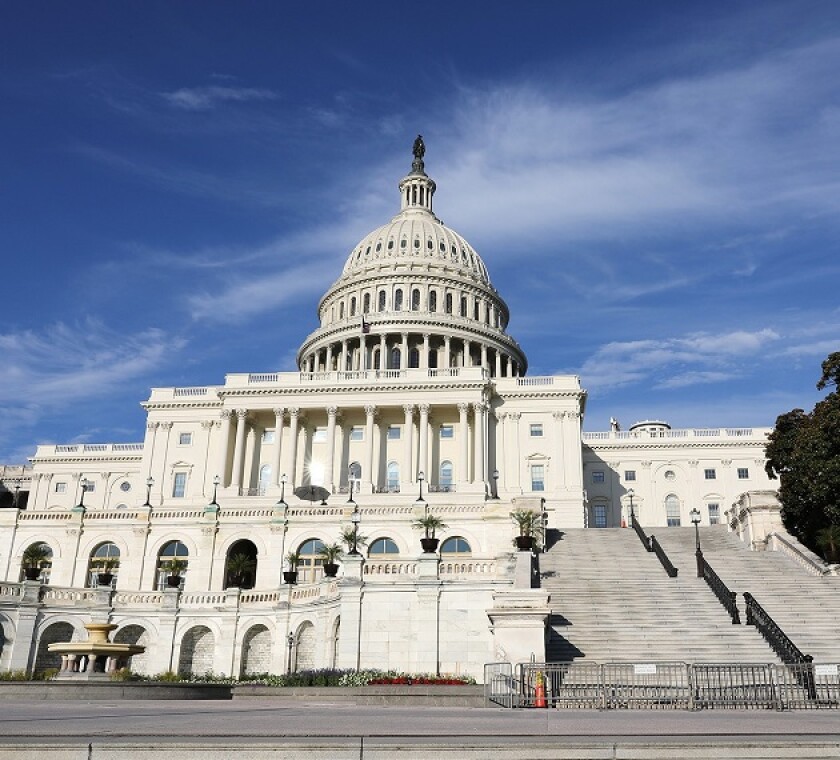The US Senate Foreign Relations Committee has proposed a review of the US-Russia tax treaty, which has sparked speculation that the US could tear up the treaty to further isolate Russia in the global economy.
It would not be the first time that tax policy has been weaponised for foreign policy objectives. However, it is very rare that the US would unilaterally withdraw from a tax treaty. The few cases are significant.
For example, Democrats and Republicans came together in Congress to end the US-South Africa tax treaty in 1987 as part of raising international pressure on the South African government over apartheid. The US and South Africa did not enact another tax treaty until 1997.
The US could go down this route. The end of the treaty would mean Russian investors with US-sourced dividends would face a 30% withholding tax rate, but they would also lose preferential treatment and lose the competent authority mechanism for tax disputes.
The economic fallout of scrapping a tax treaty is not the same for every treaty. US businesses have invested a lot in Russia since the end of the USSR in 1991 and the withdrawal of top US brands – such as Coca-Cola, McDonald’s and Starbucks – has made an impact.
Yet the end of the US-Russia tax treaty might hit US companies as hard as Russian businesses. It could also force US businesses to sell assets to Russian companies. This is at a time when the Russian government is threatening to seize the assets of companies withdrawing investment from Russia.
Russian companies still have options in the global economy. Many Russian businesses have offshore holdings in low-tax jurisdictions such as Cyprus and Russian investors have the option of cryptocurrencies for transactions. The end of the US-Russia tax treaty might not be very effective.
What is certain is that the US and its allies will continue to look for ways to keep the pressure on the Russian economy while the war continues.
ITR headlines this week include:
MNEs adapt benchmark analysis following OECD’s updated TP guidelines
Governments prepare top-up taxes to make pillar two work
Tax industry sees progress in gender equality, but barriers remain
ITR celebrates International Women’s Day
Governments prepare top-up taxes to make pillar two work
Qualified domestic minimum top-up taxes (QDMTTs) allow jurisdictions to introduce a minimum corporate rate and maintain a competitive tax regime.
A growing list of jurisdictions are drafting legislation for QDMTTs that are derived from the OECD’s model rules on pillar two. Hong Kong SAR has announced it will be opting for a QDMTT regime. Other jurisdictions include Singapore, Switzerland, the UAE and the UK.
“The OECD pillar two agreement creates strong incentives for low-taxing countries to introduce a QDMTT,” said Leonard Wagenaar, director of transactional tax at EY.
The global minimum tax framework marks an unprecedented level of integration of national tax systems and the administrative costs to collect the tax will be low as all countries have to implement the global anti-base erosion (GloBE) rules by 2023.
Tax industry sees progress in gender equality, but barriers remain
Tax industry shows signs of improvement when it comes to gender equality, but female professionals still face significant barriers in their careers in comparison to their male peers, according to an ITR survey.
Women tax practitioners claim the tax industry has improved in regards to gender equality, but there is still a long way to go. There are still obstacles for women tax professionals. As the world celebrates International Women’s Day, ITR assesses how gender equality is still considered a significant issue in tax in the Women in Tax Leaders survey.
The survey conducted by the research team involves leading women tax practitioners from around the world that have agreed to share their views on the role of gender in tax. The data is based on the responses of 51 tax professionals from different backgrounds.
Next week in ITR
Tax directors in US and European businesses with operations in Russia are working to mitigate the fiscal impact of withdrawing from the country. ITR will be looking at the tax implications of international sanctions on Russia, particularly the impact for investment trends and losses.
The sanctions are contributing to the global supply chain crisis and this has transfer pricing implications for businesses. The exodus of Western companies from Russia continues, however, the war in Ukraine shows no sign of ending any time soon.
Readers can expect these stories and plenty more next week. Don’t miss out on the key developments. Sign up for a free trial to ITR.













